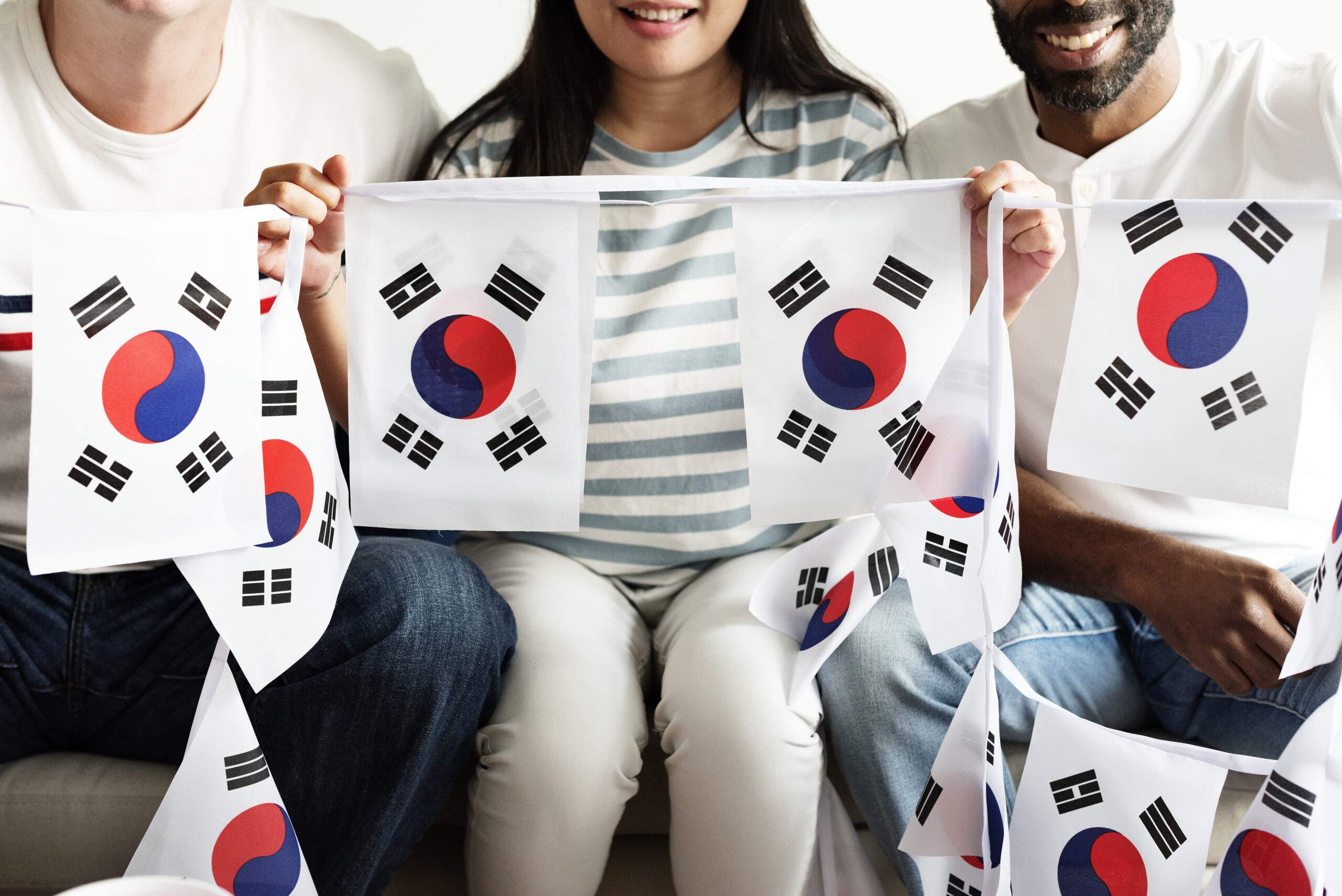

There are around 75 million Koreans who dwell in South and North Korea, South Korea is a fast-growing and highly lucrative market Worldwide. Brands looking to effectively establish their presence in the country need to focus on Korean language horizons and Korea’s evolving nature of connection with other nations globally.
Sure, Shot Things for You to Explore for Korean Translations!
- First and Foremost, Understand Korean Customer’s Nature
Learning how your target audience shops and prefers what Products and Quality are an important part of personalizing your content for the Koreans. Let’s get you aware of some of the Koreans’ ways of buying things online or surfing Digital information.
- More than 90% of people in South Korea operate the Internet. The increasing rate is actively higher than comparing it with other countries.
- Not only the COVID-19 pandemic- has given the run to the Digital expansion of Korean online routines but before the period accumulated and shifted the base of everything from local to global.
- Korean Influencers promote online research before making any purchase. Successful companies in Korea use influencer marketing and reviews to boost the return on investments and other conversions.
- Over 99% of Koreans access the Internet with their smartphones. So, here mobile, app, and software translation and localization helping to boost any message or marketing efforts to reach Korean people will not go washed away.
Know the Korean Language!
The Korean language has more than 75 million speakers Worldwide. Most of them live in the nations of North and South Korea, with spare inhabitants also present across China, Japan, and Russia. The Korean language, especially in terms of grammatical verge, is highly impacted by the Chinese language. Its script is known as Hangul.
Beyond Borders Perspectives!
Most of the Koreans don’t read, speak, or write English. According to the recent information from the educational sector, English proficiency in Korea is quite moderate, between 52 to 59%. Additionally, proficiency levels differ among various regions.
It’s Time to Understand Korean Language Nuances!’
Before you begin your translation project, here are some important aspects you must know about the Korean language to avoid errors and expect to have the perfect reasons for solutions from Experienced Korean Translation Services in Australia to facilitate hybrid solutions, management effectiveness, progressive research, and much more.
Avoid Literal English to Korean Translation!
The Korean alphabet known as Hangul possesses 24 vowels and consonants linked to blocks. Each block consists of 2 to 6 letters with a minimum of one vowel and one consonant. Post prepositions are quite short words or suffixes that are placed after a noun or pronoun. These suffixes determine the syntax and also direct the relation between the verb, subject, or object in any sentence.
Be Wiser for Formalities!
The Korean language also has different speech formality levels that differ. Lower ranks of pleasantry are for casual meetings, while two higher levels and three intermediate levels of formality are also embraced. The level of formality used in a context counts on the understanding between the two people articulating. This needs to be taken into account by translators when translating for Korea.
Pay Concentration to Detail in the Differences Between North and South Korea
However, both regions are quite together by a common language, Korean speakers have important differences in alphabets, numbers, dialects, sentence structure, and vocabulary depending on their locations. Well, Korean vocabulary has evolved in many multiple ways between North and South Korea. This is because South Korea opened itself up to the world and had much more cultural exchanges than North Korea- being isolated. Therefore, today’s World Korean Vocabulary in South Korea is more inclusive of words and phrases from other languages worldwide.